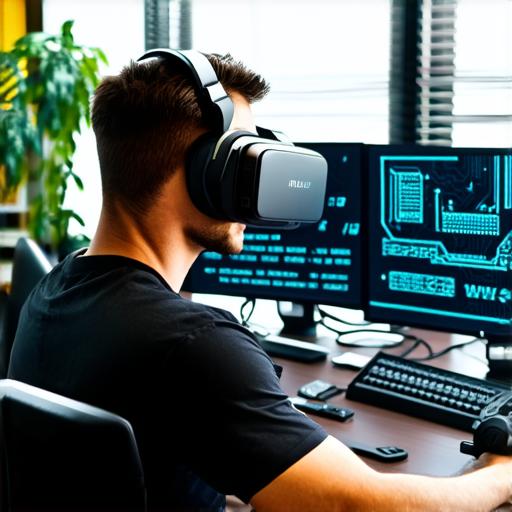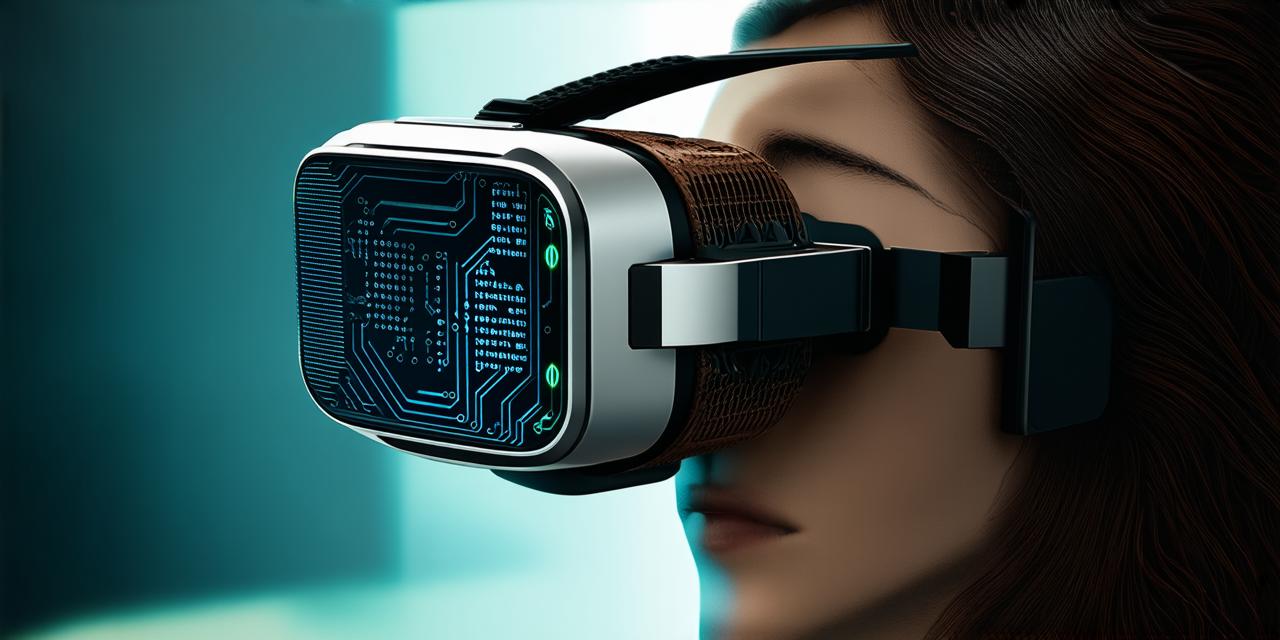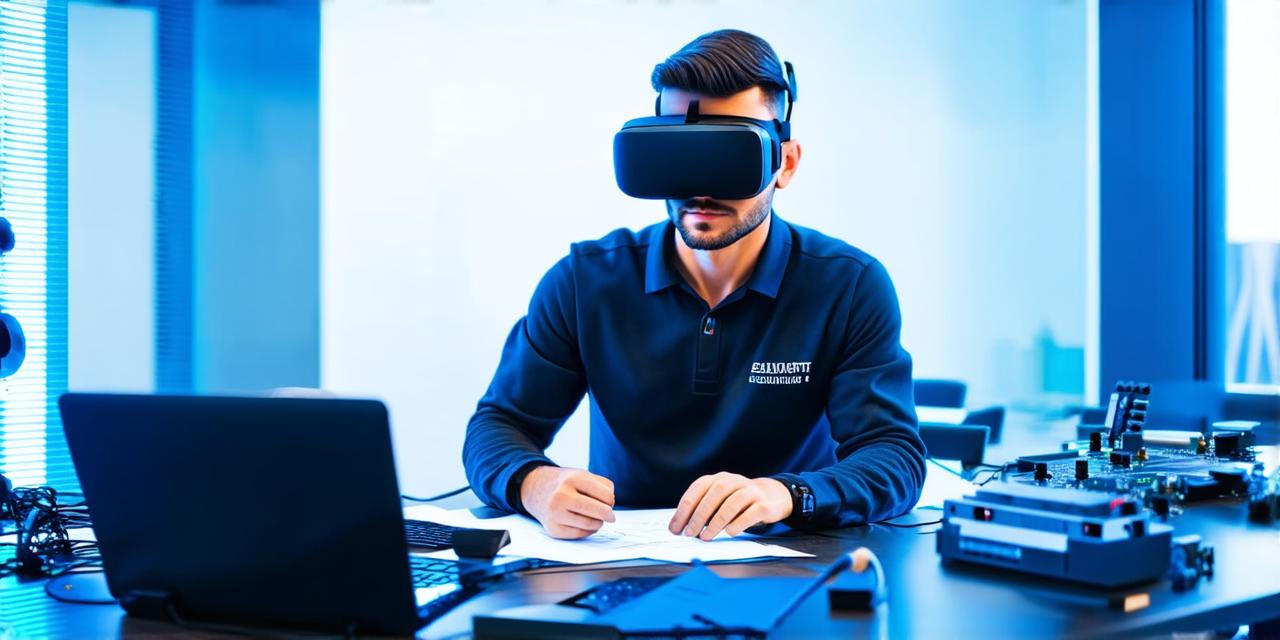The Evolutionary Leap: From Gaming to Everyday Life
VR’s roots lie in gaming, but its potential extends far beyond that realm. The Oculus Rift, a pioneer in consumer VR, has transformed gaming experiences, offering immersive environments that transport players into fantastical worlds. However, the real revolution lies in its application to education, healthcare, and even social interaction.
Education: A New Dimension of Learning
Imagine stepping into a virtual museum, exploring artifacts from different eras without leaving your seat. This is no longer a distant dream but a reality being embraced by forward-thinking educators. VR offers an immersive learning experience that transcends the limitations of traditional classrooms.
Healthcare: A Leap into the Unknown
VR’s potential in healthcare is vast. It’s being used for medical training, allowing students to practice surgeries in a risk-free environment. Moreover, it’s proving beneficial for patients, offering virtual reality therapy for conditions like PTSD and phobias.
Social Interaction: Connecting in a New Dimension
VR is redefining social interaction. Platforms like Facebook Horizon are creating virtual worlds where people can interact, play games, and even work together. This opens up new possibilities for collaboration and communication.
The Road Ahead: Challenges and Opportunities
While VR holds immense promise, it also presents challenges. Issues of accessibility, affordability, and the potential for addiction are concerns that need to be addressed. However, these challenges should not deter us but spur us on to find innovative solutions.
As we look towards the future, we see a world where VR is an integral part of our daily lives. It’s a world where learning is immersive, healthcare is revolutionized, and social interaction transcends physical boundaries. The future of VR technology is not just about games; it’s about redefining our reality.

FAQs
1. What is the future of VR technology?
The future of VR technology lies in its application to education, healthcare, and social interaction, beyond gaming.
2. Is VR affordable for everyone?
Currently, VR equipment can be expensive, but as technology advances, we can expect prices to drop, making it more accessible.
3. What are the challenges facing VR technology?
Challenges include accessibility, affordability, and potential addiction issues. However, these challenges also present opportunities for innovation.


